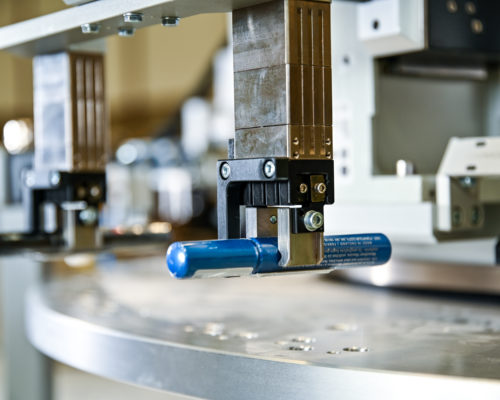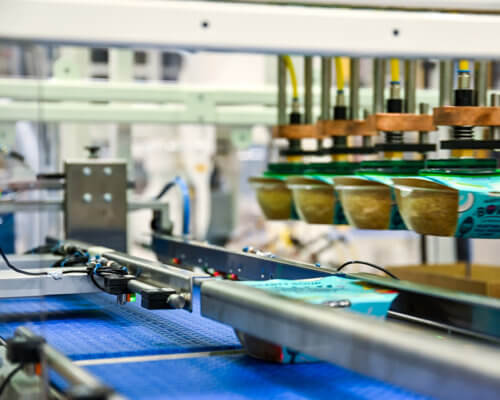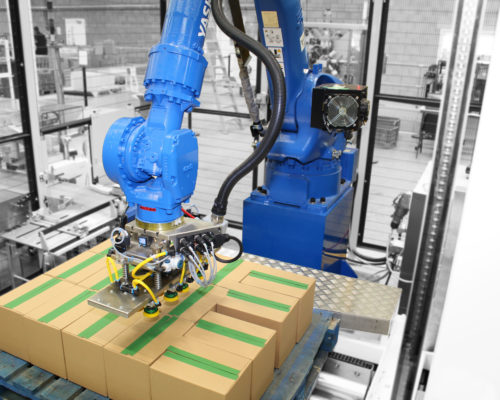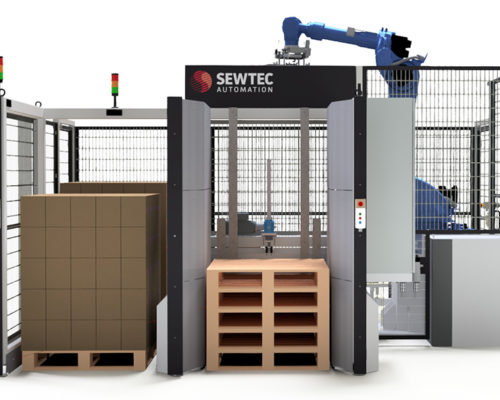How ‘solutioneering’ is the best approach for developing bespoke machinery
Solutioneering is the process by which a bespoke automation solutions provider engages with its customer to define a system-level solution which meets their requirements both technically and to an agreed budget. This, in return, will enable a project to be a success, delivered on time, within budget and meeting the needs of the customer.
Here, Gary Day, technical director at Sewtec, has looked at how using the concept of solutioneering to develop bespoke automation projects can help get the right end result for the customer.
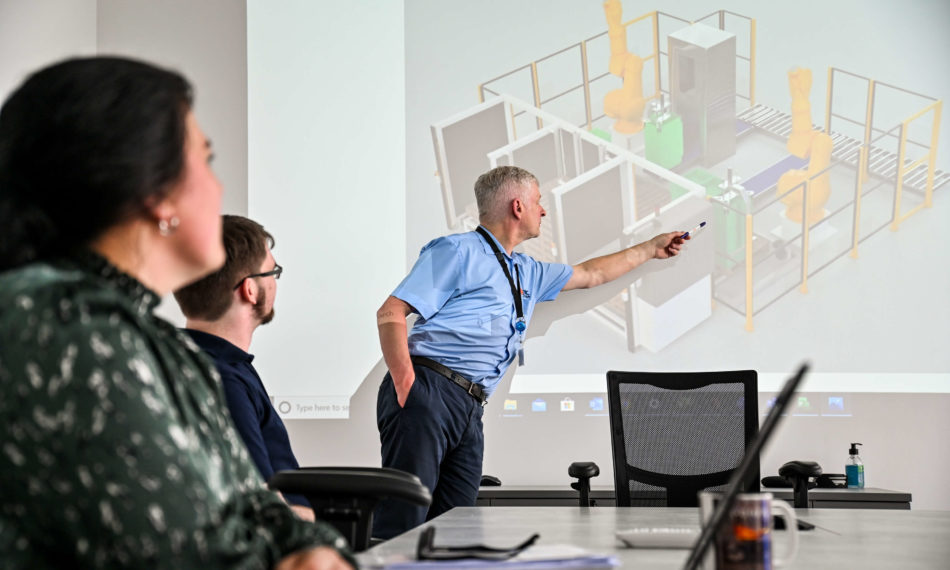
Refining the outline design
At the very start of the bespoke automation process, knowing the outline design of the machine is imperative. Without having the wider understanding between a client and manufacturer of what the actual design of the machinery will look like, there’s an increased risk that the project will end in failure – or worse, won’t get off the ground. If key stakeholders haven’t refined the outline design, how can you be sure all operational requirements have been taken into consideration?
By enabling and managing a consultation process, where the client and manufacturer can iron out any potential creases with the prospective blueprint of the project, the outline design can be refined to be as robust as possible. Through undertaking this consulting and refining process, the bespoke machine’s design can then be presented physically to the customer, for example in the form of a 3D model.
Collaboratively defining the SRS
A key aspect of solutioneering for bespoke automation projects is understanding the needs of those who will be using it. According to McKinsey’s latest report on automation, the switch from manual to automated processes will be challenging for the workforce, however it brings with it the opportunity for creating new roles within manufacturing. With this move, the System Requirement Specification (SRS) of an automation solution must be defined through discussions and analysis involving all parties.
To ensure the project is a success, defining the SRS needs be a collaborative process between the customer and the creator. Although the client may have the knowledge of what they want, those designing and building the machine have the expertise on what is feasible, making this an important part of using solutioneering to develop bespoke automation projects.
Questions to ask will include what the client wants the machine to do, what else they need to install and how it should operate. A bespoke automation is tailor made, so knowing the SRS from the start will help you work towards a successful project.
A transparent delivery timescale
During the development, build and installation of a bespoke automation machine, efficient project management is very important – particularly when it comes to the delivery timescales. Research suggests that only 39 per cent of manufacturing projects are delivered on time and with all the agreed requirements, compared to 43 per cent which are delivered late with fewer requirements and 18 per cent which fail completely.
Using the concept of solutioneering during the consultation process can help minimise the risk of delivery-related issues. Through taking the information and analysis from the outline design and SRS stages, a transparent and – perhaps most importantly – realistic delivery schedule can be created for the bespoke automation solution, including dates for the key milestones of the project.
An informative, insightful proposal
Arguably the most important factor for using solutioneering in automation is the proposal presented to the customer. Poor preparation, a lack of defined requirements and inaccurate cost estimations are three common traits associated with project failures but by having a thorough, insightful proposal these problems can be averted.
All of the aforementioned topics should be covered within the proposal, with high levels of details providing insights to the customer. The refined outline design, collaboratively agreed SRS and realistic delivery timescales will form the basis of the proposal, which (based on the already generated information) will be able to be clearly costed and passed to the customer for consideration and queries.
This document will have all the relevant information on the bespoke automation solution and provide the best basis possible to move the project forward and ensure all key stakeholders are well informed and happy.
At Sewtec, we know the importance of solutioneering in automation – that’s why we include its methodology from the start of any bespoke project consultation we undertake.
For more information on how we can help your company with its bespoke automation solution needs, get in touch with the team here.
